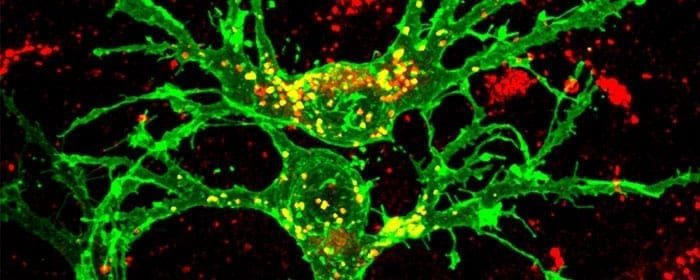Multiple sclerosis is a neurodegenerative disease that occurs when the immune system attacks the material that insulates nerve cells. As the immune system breaks down these myelin sheaths that coat the nerves, it becomes progressively more difficult for cells of the nervous system to communicate with one another. A new study on the potential use of stem cells to treat multiple sclerosis has led to promising results.
Because stem cells – and specifically, mesenchymal stem cells have been used to treat other immune conditions and inflammatory conditions successfully, scientists have reasoned that these stem cells may be able to help with multiple sclerosis. In this recent study, published in the Journal of Translational Medicine this year, scientists aimed to determine if umbilical cord mesenchymal stem cells are safe in patients with multiple sclerosis and if they may have any impact on the disease.
The study involved a full year investigation into 20 participants who had multiple sclerosis. The mean age for enrollees was approximately 41 years, and 60% of participants were female. One-quarter of the subjects did not take any medications for their multiple sclerosis over the course of the study. All subjects received seven infusions of stem cells over the course of one week. Their neurological and imaging tests to assess subjects’ neurological status were implemented before the infusions, as well as one month after and one year after the treatment.
The researchers determined that the stem cell regimen was safe, as no patients suffered any serious adverse side effects during the course of treatment. There were some complaints of headaches and fatigue, however. The researchers also concluded that the stem cell therapy was effective in helping the multiple sclerosis patients, as several of their scores improved one month after the treatment. In addition to performance measures, reported quality of life also improved with the treatment. Impressively, inactive lesions were observed in the majority of MRI scans of the brain and spinal cord (83.3%) one year after treatment.
Twenty percent of the participants reduced their medication in the follow-up period. These promising results suggest that stem cells may be able to help multiple sclerosis patients and that these types of treatments need to be further explored for their potential to help this set of patients.


 St. Petersburg, Florida
St. Petersburg, Florida
